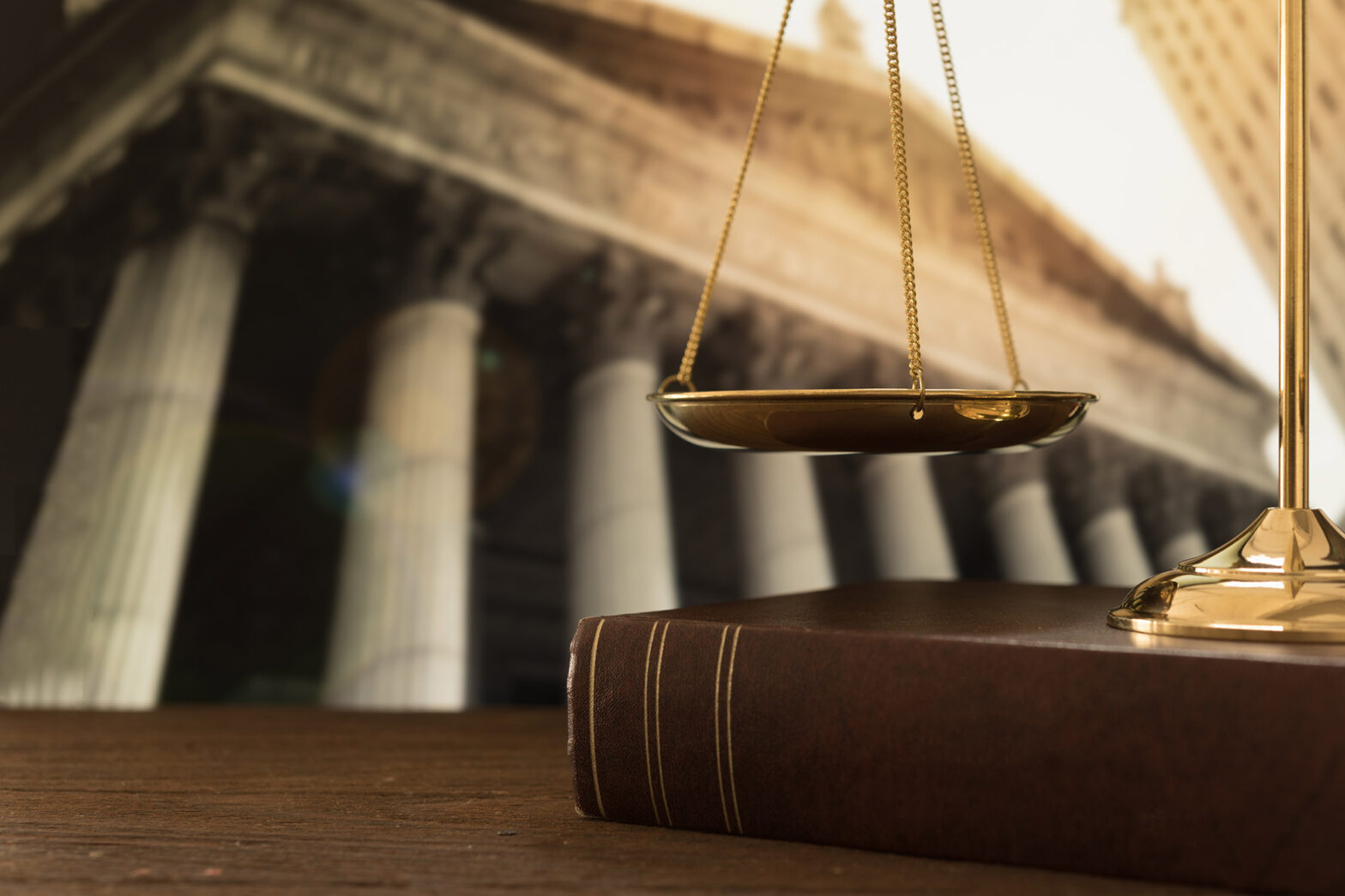Members of a House subcommittee demonstrated their concern over the recent wave of abusive TCPA lawsuits filed by serial litigators.
On June 13, 2017, the House Judiciary Committee’s Subcommittee on the Constitution and Civil Justice held a hearing on “Lawsuit Abuse and the Telephone Consumer Protection Act” to discuss the issues and possible solutions.
The TCPA was enacted in 1991 and provides statutory penalties for those called without permission. In recent years, plaintiffs and their attorneys are accused of manipulating it for financial gain.
“An increasing amount of regulations and court interpretations has produced a lack of clarity that is empowering plaintiffs’ attorneys to sue companies that are contacting their customers for legitimate reasons.” — Subcommittee Chair, Republican Steve King of Iowa.
During the hearing, members of the subcommittee appeared open to considering reforms. Based on witness testimony and questions from the subcommittee, they demonstrated a commitment to finding ways to restrain high legal costs in a way that maintains the core purpose of the TCPA without penalizing responsible businesses.
Witnesses representing both sides of the issue presented arguments supporting their positions on the TCPA and its application in today’s complicated business environment. The testimony by two witnesses, referenced below, provides a representative summary of both sides of the issues discussed in the hearing.
Supporting Changes to the TCPA
Becca Wahlquist, a partner at Snell & Wilmer LLP, spoke on behalf of the U.S. Chamber Institute for Legal Reform. She stressed the need for changes to the TCPA, pointing out that companies have been forced into bankruptcy by TCPA liability. Ms. Wahlquist also showed that the recent run of large TCPA settlements has further encouraged the proliferation of serial plaintiffs.
8 Revisions to Limit Misuse of the TCPA (as proposed by Ms. Wahlquist):
- Shorten the statute of limitations to one year (from the current four-year period)
- Import the affirmative defenses from the section of the TCPA that covers the Do Not Call List into the section governing autodialed/pre-recorded calls;
- Clarify that a device only has the “capacity” of an autodialer if it has the actual, present capacity to randomly or sequentially dial telephone calls;
- Create a safe harbor for callers that unknowingly dial a reassigned or wrongly provided number;
- Clarify the scope of any vicarious liability under the TCPA so that it covers only those persons who place—or retain an agent/telemarketer to place—calls to consumers;
- Eliminate the special rules that apply to cell phones, now that receiving calls on them is no longer as costly as it was in 1991;
- Expressly determine what restrictions to place on text-message communications (rather than having them simply be treated as “calls”); and
- Establish a set process for consumers to revoke their prior consent to receiving text messages, and allow the company a reasonable time to process that revocation.
Consideration of Ms. Wahlquist’s proposal is a good start that leaves the door open for future discussions. She concluded by adding that many of the TCPA’s problems have risen from the failure to address changes in technology. As an example, she explained that the origin of the regulations for faxes came about because in 1991 fax machines required expensive thermal paper, a concern that is no longer valid.
Opposing Changes to the TCPA
Hassan Zavareei is a partner at Tycko & Zavareei LLP, “a private public interest law firm.” He supports not altering the current TCPA regulations. His position was that the TCPA has effectively achieving its goals of deterring robo-calls and spam faxes and should not be altered in any way.
However, Mr. Zavareei recommended amending the TCPA with tougher language which would state that:
- Providing a phone number does not constitute “express consent” to being called at that number
- Statutory language “make or initiate” should be amended to clarify that businesses are liable for TCPA violations of their agents unless the agents “entirely control the selection of the destination telephone numbers, content of the text messages, and the timing of deliver.” (emphases in written testimony).
Mr. Zavareei dismissed concerns over the lower dollar recovery by plaintiffs in TCPA lawsuits compared to the amount received by their attorneys. He stated that the purpose of the TCPA is to deter unlawful regulatory violations, not compensate injured parties. He believes the goal would be served regardless of whether the money went to individual consumers or their attorneys.
Subcommittee Opinions
Members of the subcommittee expressed concern over the rise of recent TCPA litigation and the harm it has on businesses operating in “good faith” to comply with current laws. There was also agreement that additional harm is caused by regulations which prevent beneficial communication from reaching consumers at the expense of legal professionals who use the TCPA to pursue personal profit rather than protect the welfare of consumers.
These hearing are in the early stages of gathering information on different points of view. It is unlikely to produce any immediate reforms to the TCPA. Additional hearings will be necessary to bring us closer to seeing drafts of legislation that provide equal protection to both consumers and business, allowing for meaningful two-way communication.
